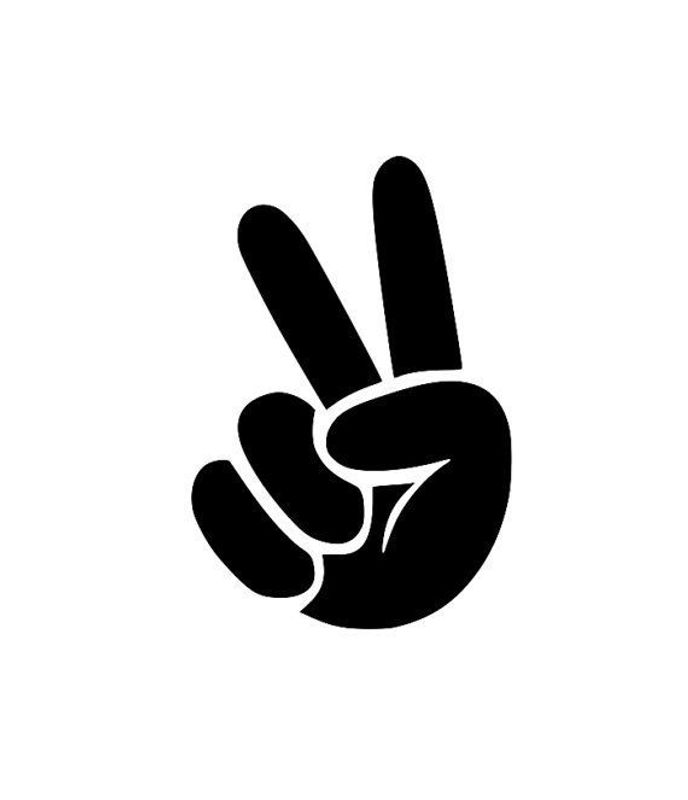Jun 18, 2018
Super Basic Japanese: Important words I've needed to get by
I'll be upfront about it: my Japanese level is embarrassingly low. There are some things that jive in my brain, and language acquisition is just not one of them. I started studying Japanese about six months ago by reading any 'basic Japanese' article I could get my hands on. Rather than helping me, all it did was confuse me.
Here are some examples of 'basic' phrases I found:
Example 1: Can I use my credit card? (クレジットカードは使えますか? kurejitto kaado wa tsukaemasu ka)
My thoughts: I definitely wouldn't put this in any of my 'need to know' categories. Usually you'll see Visa/Mastercard/Amex stickers on the cash register, but if not, here's how a basic interaction would go: You say 'Mastercard?', shop assistant says 'gomen nasai!' and you pay for your Gudetama toy in cash instead. The end.
Example 2: 私の自転車はどこですか? (わたしのじてんしゃはどこですか?) – Where’s my bicycle?
My thoughts: Okay, so to begin with, some romaji would be nice. Most people Googling 'basic Japanese' probably wouldn't know any kana or kanji. Remember your target audience people!

Anyway, I'd assumed that the second I touched down in Tokyo everything would impossible and complex until I was able to string sentences together. But that hasn't been the case at all. Daily I'm out and about going places, ordering food and drinks, catching transport and asking questions with simple vocabulary and phrases. So that makes me think: why are 'basic Japanese' articles so complicated?
As a result...
Now that I've been here six weeks, I've put together a list of super basic words and phrases to help newbies like me get by. All of these phrases are something that I have said myself, or have heard regularly, in those six weeks. If I haven't said it in a real-life situation, it won't be on the list.
As a long-term resident of Japan, so I'm committed to learning as much as possible about Japanese language and culture. But we all have to start somewhere, and I think that the best way is to learn the fundamentals and get talking straight away!
Do you want to know how to order your three-cheese gyudon from Sukiya to go? You bet! Want to know how to ask for the bill without having to make that 'writing on your hand' motion (you know the one). You're in the right place! Wanna know how to order your grande triple-shot half-sugar soy latte with hazelnut syrup? Gettouttahere! Your coffee order sucks!
Anyway, let's begin!
What I like to call the super important basics
You probably already know these, but these are the words/phrases I use regularly.
- Sumimasen: excuse me / sorry (polite)
- Gomen nasai: sorry (a little more casual than sumimasen)
- Kudasai: please
- Arigatou gozaimasu: thank you
- Ohayou gozaimasu: good morning
- Konnichiwa: hello
- Konbanwa: good evening
- Hajimemashite: nice to meet you (for the first time)
- Lisa desu: I'm Lisa
- Mata ne: see ya! (super casual)
- Wakarimasu: I understand
- Wakarimasen: I don't understand
- Eigo ga hanasemasuka: do you speak English?
- Chotto matte kudasai: one moment please
- ... ga suki desu: I like ... (e.g. neko ga suki desu = I like cats)
- ... ga dai suki desu: I love ... (e.g. neko ga daisuki desu = I love cats)
- ... ga suki janai desu: I don't like ... (e.g. neko ga suki janai desu = I don't like cats)
- Sugoi: great!
- Toire wa doko desu ka: where is the toilet?
- Kampai: cheers!
Saying yes and no
Whilst yes is simply 'hai', unfortunately, it's not very straight-forward saying no. Literally speaking, 'no' is 'iie'. However, saying a hard 'iie' is rarely ever said because it's too harsh. Instead, in situations where I would like to say no, my Japanese friend taught me to say 'daijoubu' and accompany that by softly putting my hands in front of me to indicate a no. For example, I use this regularly when someone is trying to hand me something on the street.
Restaurants and cafes
Here are the words and phrases I use or hear regularly at restaurants and cafes:
- Eigo no menyuu ga arimasu ka: do you have an English menu?
- Okaikei onegaishimasu: bill/check please
- Mochikaeri de onegaishimasu: to go / take away please
- Oishii: delicious!
- Itadakimasu: bon appetit / thank you for this food (before you've eaten)
- Gochisosamadeshita: thank you for this food (after you've finished eating)
- Chicken: toriniku
- Pork: butaniku
- Beef: gyuuniku
- Fish: sakana
- Prawn/shrimp: ebi
- Vegetables: yasai
- Rice: gohan
- Tamago: egg
- Pan: bread
- Milk: gyuunyuu
- Soy milk: tounyuu
Counting things and people
You can't count things in Japan with ichi, ni, san (otherwise people will look at you like you've got whiskers growing out of your face), so instead you use 'counters'. There are counters for all sorts of things like small animals, long round objects, long thin objects, books, shoes and socks. Don't even worry about that at all yet! To begin with, you just need to know the counters for things and people.
Here's what to say when you're talking about things:
- Hitotsu: one thing
- Futatsu: two things
- Mittsu: three things
- Yottsu: four things
- Itsusu: five things
It's a little different when you're talking about people. Usually you would hear people counters when you walk into a restaurant and signify the amount of people with you. Look, to be frank, this one isn't too important. Why? Do me a favor and look at your hands. Those long, noodly things on your hands? Fingers! Yes! Don't underestimate the power of fingers! Walking into a restaurant with one other friend? Chuck up one of these bad boys:

There you have it, table for two! However, you are bound to hear these and they are helpful to know, so here are people counters up to five:
- Hitori - one person
- Futari - two people
- Sannin - three people
- Yonin - four people
- Gonin - five people
Shopping
- Ikura desu ka: How much does it cost?
- ... wa arimasuka: Do you have ...? (e.g. banana wa arimasuka = do you have bananas?)
- Irasshaimase: Welcome to the store (you don't have to say this, but if you're like me, you're probably wondering what every Japanese store clerk is yelling when you walk in!)
Money
- En: yen
- Hyaku en: 100 yen
- Sen en: 1,000 yen
I don't think currency is too important because there is a 99.9% chance that the cash register will simply show the amount for you automatically. If not, by virtue of looking foreign and/or confused, the clerk will write the amount down for you. However, I hear 'hyaku' and 'sen en' a lot.
Transport / getting places
- Eki: train station
- Kippu: ticket
- Shinkansen: bullet train
- ... wa doko desu ka: Where is ...? (e.g. eki wa doko desu ka = where is the train station?)
- Iriguchi: entrance
- Deguchi: exit
- Migi: right
- Hidari: left
- Tomaru: stop
Well, I think that's about it for the basic stuff!
You don't have to be a Japanese linguistic master straight up. It's all about doing your best to communicate on a basic level, even if that means saying single words to explain the gist of it. On the whole, people will respond favorably to you just having a go. I highly recommend talking as much as possible, because it's exciting and empowering being able to communicate something in another language!
If you're lost for words, don't stress. If you're in a Metropolitan area like Tokyo, someone close by is bound to know English. Furthermore, many western words are pronounced pretty similar to how they're said in English (kurejitto kaado = credit card). And, when all else fails, whip your iPhone out and make Google do all the hard work. If you're in a rural area this is obviously a little trickier, but there is always a way to express meaning, including playing charades.
I'm from Australia and spent most of my life not needing a second language. I regret that now because it's been challenging learning Japanese as an adult. However, after just six months I'm able to read hiragana and katakana, and I'm slowly teaching myself kanji. If I can do it, so can you.
This is is by no means a comprehensive list, so please let me know you're survival Japanese words and phrases!
Hellooo! I'm Lisa from Melbourne, Australia. I moved to Tokyo in May 2018, moved back home in May 2019, and in February 2020 moved back to Tokyo again! Catch me on Instagram at @lisainjapan



0 Comments